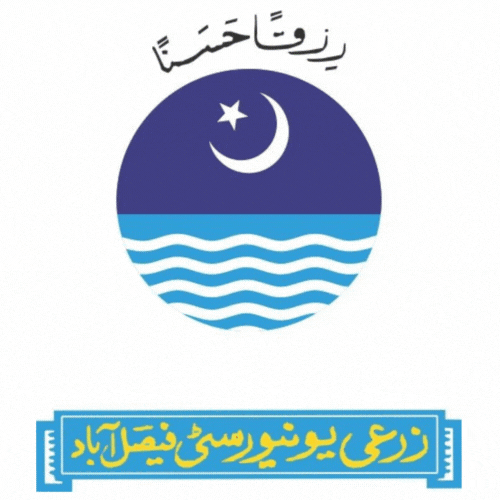
Prof. Dr. Iqrar Ahmad Khan addresses the 29th mid-career level diplomats of 24 countries at Foreign Service Academy Ministry of Foreign Affairs, Islamabad
Genetically Modified Organism (GMOs) would lead the new green revolution based on biotechnology, precision agriculture and climate change. UAF VC Prof. Dr. Iqrar Ahmad Khan said this while briefing the 29th mid-career level diplomats of 24 countries at Foreign Service Academy Ministry of Foreign Affairs, Islamabad in new senate hall of the university on Friday morning. Apprising the visiting diplomats from Argentina, Bangladesh, Bulgaria, Burkina Faso, Cameroon, China, Eritrea, Ethiopia, Guinea, Iraq, Kenya, Lesotho, Liberia, Mali, Mauritania, Morocco, Nigeria, south Sudan, Sudan, Tajikistan, Tanzania, Togo, Turkmenistan, and Yeman, he said during the last four years, they had introduced 15 new degree programs, making constant investment on human resource development and aggressively recruiting best of the best faculty. He termed the GMOs a great and safe intervention that would enhance the productivity to feed the growing population of Asian and African countries. He expressed concerns over the stagnant wheat production for the last five year and urged the government to make good governance to ensure timely and best quality seed, fertilizer and other valuable inputs to meet the domestic needs and make the food affordable to poorest segments of the society. He said that UAF is working on variuos international programs of goat and domestic chicken distribution to aleviate rural poverty by promoting domestic commercial engagements that, he said would casecade and cover more families and areas. Commenting about the food security, he said Pakistan need to transform its trade priorities as the country is producing five times more rice than its consumption by putting water of worth importance, and on the other hand, it spends billion of dollars on importing edible oil and pulses which makes a lost proposition. He said more than 75 percent students’ intake was from rural areas with marginal income group and were in dire need of financial assistance to make the education affordable to that kind of people. He revealed that in the coming days, UAF is going to become host of various international centres and chairs. He said, only 100 faculty members are leading the research funding by competing internationally and if the remaining 300 also become part of the research competition, the extramural funding can touch new heights. Dr. Khan said UAF was running a program to promote solar and biogas tubewels, that, he said was approved economically viable and could save billion of rupees spending on running more than 1 million tubewells in the province. He was of the view that after introduction of Bt cotton in Pakistan, the productivity gone up and application of pesticides had reduced. He said Monsanto was planning to launch Herbicide Resistance Corn that would enhance the production manifolds. Director General, Foreign Service Acadmy Khalid Usman Qaiser highlighted the objectives of foreign diplomates visit, and said that the core philosophy behind making such visits to correct the negative narrative and acquaint our foreign guests with Pakistan’s prospects and potential. He said the academy arranges field visits to key educational, industrial and public sector institutions of repute to showcase the reality of Pakistan. He said that today diplomy has been transformed and as part of six-week course, the trainees are taken on a tour of one or more cities of the country to witness in detail the progress and potential that we have, to better understand the diplomatic issues. Prof. Dr. M. Jalal Arif Principal Officer Public Relations & Publications conducted the briefing and visits to various laboratories and faculties.
